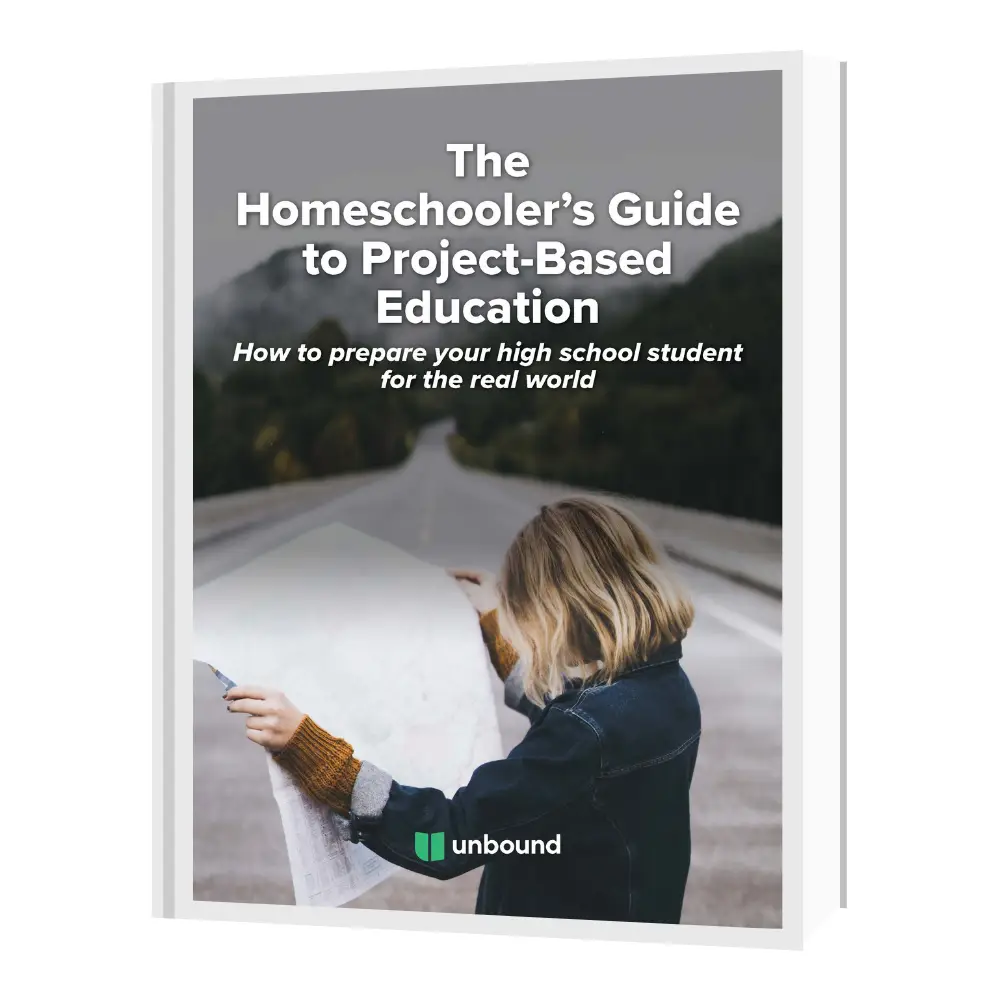Your Student is Living in a Story. Do They Understand It?

How we understand the world matters. It determines, in large part, how we live.
We understand the world through stories. The big stories that shape our understanding of life and the world around us are sometimes called “worldviews”.
We’ve talked a lot about education in recent articles. We’ve explored why students need to have opportunities to apply what they learn, how to approach education from a questions-based mindset, and the one thing that makes it all worth it: relationships.
This understanding of the world is another piece of the foundation for an impactful life. We want to prepare students for impactful lives by equipping them with skills, experiences, and a powerful community of support. But if we neglect to prepare them to view the world critically, we are missing a big element.
How can you encourage your student to develop a critical understanding of their world?
The Power of Story
There is an ancient power in story and narrative.
The future of education in your inbox.
Get productivity tips, commentary, and Unbound updates sent to you!
As I mentioned above, our worldviews are essentially stories. They are narratives that we live in and they shape the way we live.
Understanding our world starts with understanding the story we’re telling ourselves about it. What’s the setting? Who are the characters? What is the problem that the plot revolves around?
Every story contains these elements. And our “big stories” (i.e. worldviews) are no different. They give us identity, our own character in the narrative. They put us in a setting, with an origin and a path forward. These stories present us with a problem and a remedy to address the problem (i.e. what’s wrong with the world and how we handle it).
The big questions are addressed in the context of these stories. Who am I? How did I get here? Where am I going? What happens when I die?
The Structure of Story
In order to live an impactful life, your student needs to understand their story and the story of the world. If they don’t know this, they have no context or structure for their life.
Your student most likely has a lot of questions during this season of life. They want to understand who they are, who God made them to be, what path they should follow, and what relationships should matter most to them.
These questions should be thought about critically in the context of story. Encourage your student to ask these questions and find the Storyteller. In the Christian tradition, that Storyteller is God, who has laid out the story of creation and our place in it in the Bible.
Other worldviews have other Storytellers. These Storytellers hold tremendous authority in our lives. Our lives are shaped by their stories. Part of the process of growing up is determining who you will listen to. What authority will your student surrender their life to?
Prepare for Impact
Having an impact on the world to the glory of God takes so much preparation. We talk frequently about the elements of that preparation: building skills, gaining experience, and developing community.
The importance of understanding one’s worldview is also critical, if not more than any of those other elements.
Encourage your student to continue asking questions, understanding the story they live in, and looking to the Storyteller to grow in their understanding.
Navigate is an online course from Unbound that teaches students how to ask better questions, understand their story, and make wise decisions. You can pre-enroll in the Spring 2022 class now.




